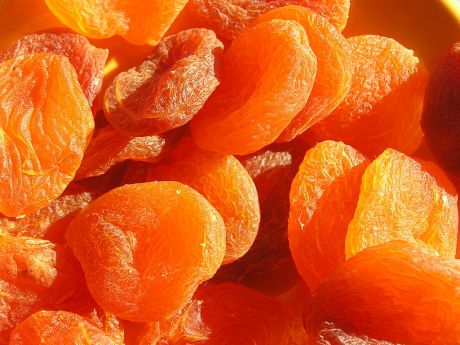Germ-free bags for fresh food

Ab_food
Andrew Butko [GFDL 1.3 (www.gnu.org/licenses/fdl-1.3.html) or CC BY-SA 3.0 (http://creativecommons.org/licenses/by-sa/3.0)], via Wikimedia Commons
An EU-funded research initiative has developed technology that can kill pathogens found on fresh produce. The technology relies on plasma contained inside the packaging to neutralise bacteria.
Fruit and vegetables are associated with numerous health benefits, but
they have a shorter shelf life than processed foods. Often, spoiling can
be prevented by keeping the produce clean, but methods such as chlorine
washing leave toxic residues on the food.
The SAFE-BAG (Novel continuous in-pack decontamination system for fresh produce) initiative developed atmospheric cold plasma technology to address these challenges. This technology involves sending a high-voltage current through a food package to ionise the gas contained within. This ionised gas (or plasma) has an antimicrobial effect, without affecting the nutritional characteristics of the food.
Scientists found that the post-treatment storage time, the voltage level and the type of exposure (direct or indirect) changes the efficacy of the treatment. They saw that higher oxygen concentrations resulted in greater ozone production, the reactive gas responsible for neutralising the bacteria.
Researchers found that nitrogen oxide levels (a second reactive gas) were also linked to effective treatment. They showed that in all cases increased treatment time led to fewer pathogens.
Scientists tested the treatment on bags containing strawberries, cherry tomatoes and spinach, using Escherichia coli and Salmonella as the test bacteria. They found that strawberries and cherry tomatoes were not adversely affected, but spinach wilted regardless of treatment mode.
These advancements may lead to chlorine-free fresh produce with a longer shelf life. This research will also reduce the amount of water wasted during traditional washing procedures.
published: 2016-01-29

